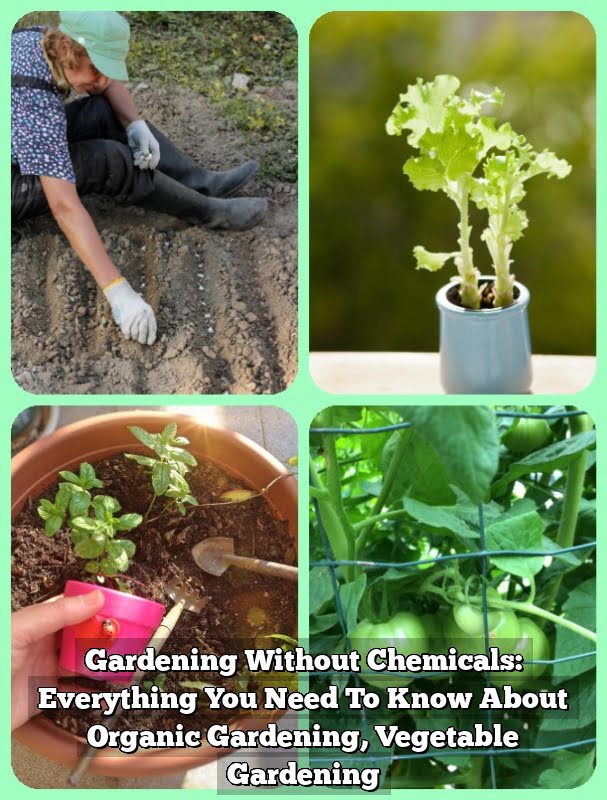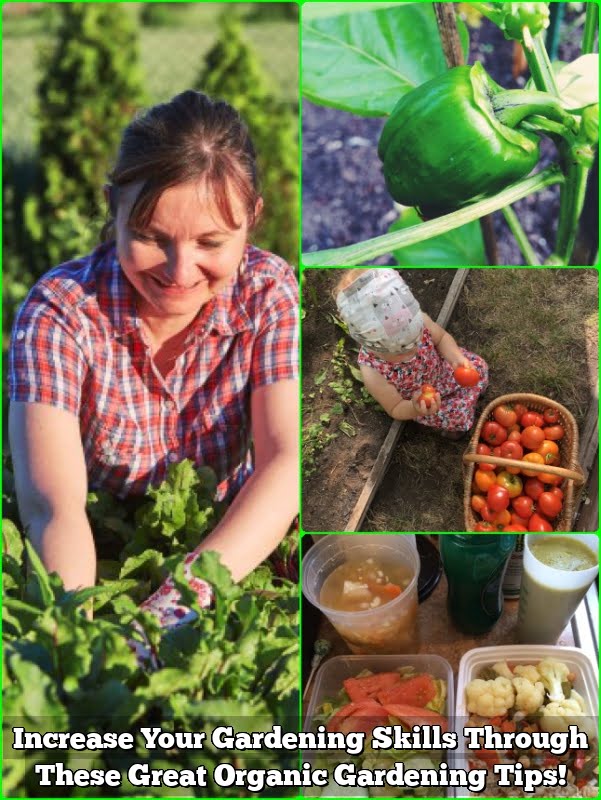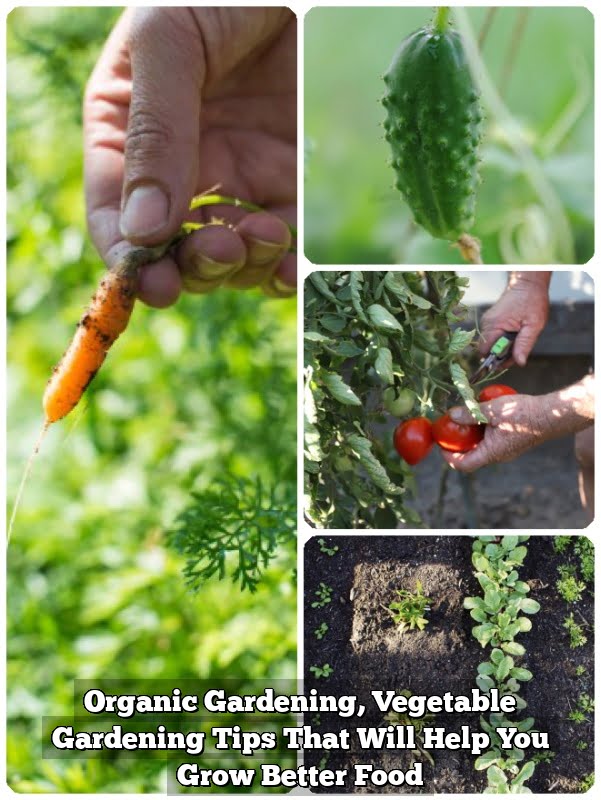Are you interested in starting a vegetable garden at UC Davis? Whether you’re a student, faculty member, or community member, there are plenty of opportunities to get involved in the wonderful world of vegetable gardening right here on campus.
With a focus on sustainability and innovation, UC Davis offers a unique environment for individuals to cultivate their own produce and contribute to a healthier community. From its rich history to ongoing research and community events, there’s something for everyone in the world of UC Davis Vegetable Gardening.
At UC Davis, vegetable gardening is more than just a hobby – it’s a tradition that goes back many years. The campus has a long and storied history of promoting sustainable agriculture and empowering individuals to take control of their food sources. In this article, we’ll explore the benefits of vegetable gardening at UC Davis, learn about the best vegetables to grow in this specific climate, and discover how you can start your own garden right here on campus.
Whether you’re an experienced gardener or a complete novice, this guide will provide you with all the information you need to get started on your very own vegetable garden at UC Davis. You’ll learn about the resources available to help you succeed and gain insight into the cutting-edge research being conducted in the field of vegetable gardening right here on campus. So grab your gardening gloves and let’s dig in.
The History of Vegetable Gardening at UC Davis
One of the key milestones in the history of vegetable gardening at UC Davis was the establishment of the UC Davis Student Farm in 1977. This working organic farm provides hands-on educational opportunities for students to learn about sustainable agriculture and vegetable gardening. It has become a model for other educational institutions and has inspired many students to pursue careers in farming and agricultural research.
Moreover, UC Davis has been at the forefront of research into innovative practices for vegetable gardening, such as drip irrigation systems, integrated pest management, and soil health improvement. The university’s commitment to advancing knowledge in these areas has not only benefited local gardeners but has also contributed to global efforts towards sustainable food production. Through its research and outreach programs, UC Davis continues to be a leader in promoting environmentally friendly and productive vegetable gardening practices.
| UC Davis Vegetable Gardening Milestones | Year |
|---|---|
| Establishment of UC Davis Student Farm | 1977 |
| Research into innovative practices for vegetable gardening | Ongoing |
The Benefits of Vegetable Gardening at UC Davis
UC Davis Vegetable Gardening provides numerous benefits for students, faculty, and the community. From physical and mental health benefits to sustainability practices, there are many reasons to engage in vegetable gardening at UC Davis.
Health Benefits
Vegetable gardening at UC Davis offers individuals the opportunity to engage in physical activity while also reaping the rewards of eating fresh, organic produce. The act of planting, weeding, watering, and harvesting vegetables provides a full-body workout that promotes overall wellness. Additionally, consuming homegrown vegetables can lead to a healthier diet, which can have significant positive impacts on one’s health.
Sustainability Practices
By participating in UC Davis Vegetable Gardening, individuals are contributing to sustainable practices. Growing your own vegetables means less reliance on store-bought produce that is often shipped long distances, resulting in a smaller carbon footprint. Furthermore, composting kitchen scraps and using environmentally-friendly pest control methods are common practices within the UC Davis gardening community.
Promotion of Mental Wellbeing
Engaging in vegetable gardening at UC Davis has been shown to significantly reduce stress levels and promote mental wellbeing. The act of nurturing plants and being surrounded by nature can be therapeutic for individuals facing high levels of stress or anxiety. Additionally, seeing the fruits of one’s labor grow from seedlings to mature plants can provide a sense of accomplishment and pride which boosts self-esteem.
Overall, the benefits of engaging in vegetable gardening at UC Davis go beyond just growing fresh produce; it extends to supporting a healthy lifestyle and promoting sustainable practices within the community.
The Best Vegetables to Grow at UC Davis
When it comes to vegetable gardening at UC Davis, there are several vegetables that thrive in the California climate and soil conditions. Whether you are a beginner or experienced gardener, here are some of the best vegetables to consider growing in your UC Davis garden:
1. Tomatoes: Tomatoes are a popular choice for UC Davis vegetable gardeners due to their versatility and ability to grow well in the region’s warm climate. Consider planting different varieties such as cherry tomatoes, heirloom tomatoes, and beefsteak tomatoes for a diverse harvest.
2. Bell Peppers: Bell peppers are another excellent option for UC Davis vegetable gardens. These colorful and sweet peppers can be grown in containers or directly in the ground, making them a great choice for gardeners with limited space.
3. Zucchini: Zucchini is a prolific and easy-to-grow vegetable that thrives in the warm temperatures of UC Davis. This versatile veggie can be used in a variety of recipes and is perfect for adding fresh produce to your meals.
4. Leafy Greens: Vegetables like lettuce, kale, and spinach are ideal for UC Davis vegetable gardens, especially during the cooler months. These nutrient-packed greens can be continuously harvested for salads and cooking throughout the season.
5. Cucumbers: Cucumbers are well-suited for the UC Davis climate and make a refreshing addition to any summer garden. With proper support, these vines will produce an abundance of crisp cucumbers for snacking or pickling.
By choosing these vegetables for your UC Davis garden, you can look forward to a bountiful harvest while enjoying the benefits of growing your own fresh produce right at home. Whether you have a small plot or larger garden space, these vegetables are sure to thrive with proper care and attention.
How to Start a Vegetable Garden at UC Davis
Starting a vegetable garden at UC Davis is a great way to enjoy the benefits of gardening while also contributing to the university’s commitment to sustainability and environmental stewardship. Whether you’re a student, faculty member, or community member, getting started with your own vegetable garden is a rewarding experience. Here are some steps to help you start your own vegetable garden at UC Davis:
- Choose the right location: Select a sunny spot on campus or in your community garden that receives at least 6-8 hours of sunlight per day.
- Prepare the soil: Test the soil to ensure it has the right pH levels and amend it with organic matter such as compost or aged manure.
- Select your vegetables: Choose vegetables that are well-suited for the climate and growing conditions at UC Davis, such as tomatoes, peppers, squash, and lettuce.
Once you have chosen your location, prepared the soil, and selected your vegetables, it’s time to plant your garden. Whether you choose to start from seeds or seedlings, be sure to follow proper planting techniques and provide adequate water and care for your plants.
Tips for Success
- Water regularly: In the hot climate of UC Davis, it’s important to water your vegetable garden consistently to ensure healthy growth.
- Monitor for pests and diseases: Keep an eye out for common pests and diseases that can affect vegetable plants and take appropriate action if needed.
- Harvest frequently: Enjoy the fruits of your labor by harvesting vegetables when they are ripe. Regular harvesting also encourages continuous production throughout the growing season.
By following these steps and tips, you can create a thriving vegetable garden at UC Davis that will provide fresh produce for you and contribute positively to the university’s commitment to sustainable living.
Tips for Maintaining a Successful Vegetable Garden at UC Davis
Maintaining a successful vegetable garden at UC Davis requires ongoing care and attention to ensure the health and productivity of the plants. Here are some tips for maintaining your vegetable garden at UC Davis:
Regular Watering
One of the most important aspects of maintaining a successful vegetable garden is ensuring that your plants receive an adequate amount of water. In the dry climate of Davis, California, it is especially crucial to monitor soil moisture levels and provide water as needed. Consider installing a drip irrigation system or using soaker hoses to deliver water directly to the roots of your plants.
Weed Control
Weeds can compete with your vegetable plants for water, nutrients, and sunlight, so it’s essential to stay on top of weed control in your garden. Regularly remove any weeds that pop up, and consider using mulch to help suppress weed growth while also retaining soil moisture.
Pest and Disease Management
Keep an eye out for signs of pests or diseases in your vegetable garden and take action promptly if you notice any issues. Integrated pest management techniques, such as attracting beneficial insects and using natural pest control methods, can help minimize the need for chemical pesticides.
By following these maintenance tips, you can help ensure that your UC Davis vegetable gardening experience is both enjoyable and rewarding. Remember that gardening is also a learning process, so don’t be afraid to experiment and try new techniques to see what works best for your specific garden environment.
UC Davis Vegetable Gardening Research and Innovation
At UC Davis, vegetable gardening is not just a hobby, but a subject of serious research and innovation. The university has dedicated resources to studying the best practices for growing vegetables in the specific climate and soil conditions of the region. Researchers at UC Davis are constantly exploring new techniques for improving crop yield, pest control, and water efficiency in vegetable gardens.
One area of research that has gained attention is the use of sustainable and organic methods in vegetable gardening. UC Davis has been at the forefront of investigating natural pest control, soil health, and chemical-free fertilizers for vegetable crops. The goal is to develop environmentally friendly practices that can be adopted by home gardeners as well as commercial farmers.
In addition to traditional research methods, UC Davis also embraces technological innovation in vegetable gardening. This includes the development of new tools and equipment, as well as digital solutions such as apps and online platforms that provide valuable information to vegetable gardeners. These technological advancements aim to make it easier for people to start and maintain their own vegetable gardens, ultimately promoting healthy eating and sustainable living.
| Research Area | Focus |
|---|---|
| Sustainable Methods | Natural pest control, organic fertilizers |
| Technological Innovation | New tools, digital platforms |
Community Involvement and Events for UC Davis Vegetable Gardeners
In conclusion, UC Davis Vegetable Gardening offers a rich history, diverse benefits, and a wide array of resources for students, faculty, and community members. The university has consistently promoted and supported the practice of vegetable gardening through research, innovation, and community involvement. As a result, vegetable gardeners at UC Davis have access to not only guidance on starting and maintaining successful gardens but also opportunities for networking and participation in gardening events.
Community involvement is a key aspect of UC Davis Vegetable Gardening, as the university encourages collaboration among gardeners of all levels. By engaging with the local community, students and faculty have the chance to share their knowledge and learn from experienced gardeners. Additionally, events such as workshops, lectures, and seasonal harvest celebrations provide valuable opportunities for gardeners to connect with one another while expanding their skills.
Furthermore, the emphasis on research and innovation in vegetable gardening at UC Davis ensures that gardeners are equipped with the latest advancements in sustainable practices and technology. This commitment has allowed the university to contribute significantly to the development of best practices for vegetable gardening.
With ongoing research and a focus on community engagement, UC Davis continues to be a leader in promoting sustainable agriculture through vegetable gardening. Whether you are a beginner or an experienced gardener, there is something for everyone interested in UC Davis Vegetable Gardening.
Frequently Asked Questions
What Is the Hardest Vegetable to Grow?
The hardest vegetable to grow varies depending on the climate, soil, and growing conditions. Generally, vegetables like asparagus, artichokes, and celery can be challenging due to their specific needs and long growing seasons.
When Should I Plant Tomatoes in Sacramento?
In Sacramento, tomatoes should be planted after the last frost date, which typically occurs in late February or early March. This timing allows the tomatoes to grow and mature during the warm summer months.
What Plants Are Edible at UC Davis?
UC Davis is home to a variety of edible plants including fruits like apples, oranges, and pears as well as vegetables like tomatoes, lettuce, and peppers. Additionally, there are also herbs such as basil, mint, and oregano that can be found in campus gardens for consumption.

If you’re looking to get into vegetable gardening, or are just looking for some tips on how to make your current garden better, then you’ve come to the right place! My name is Ethel and I have been gardening for years. In this blog, I’m going to share with you some of my best tips on how to create a successful vegetable garden.





